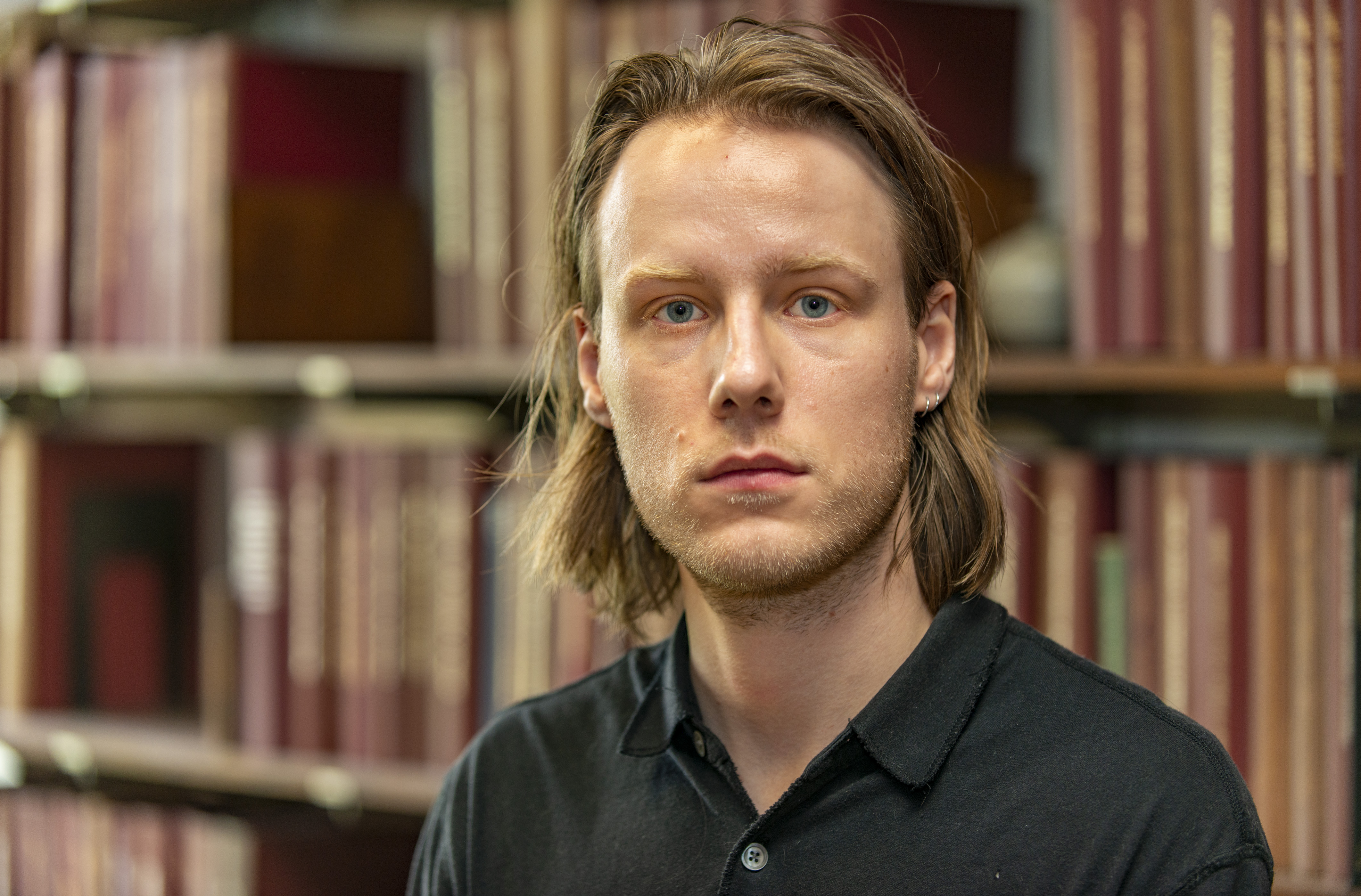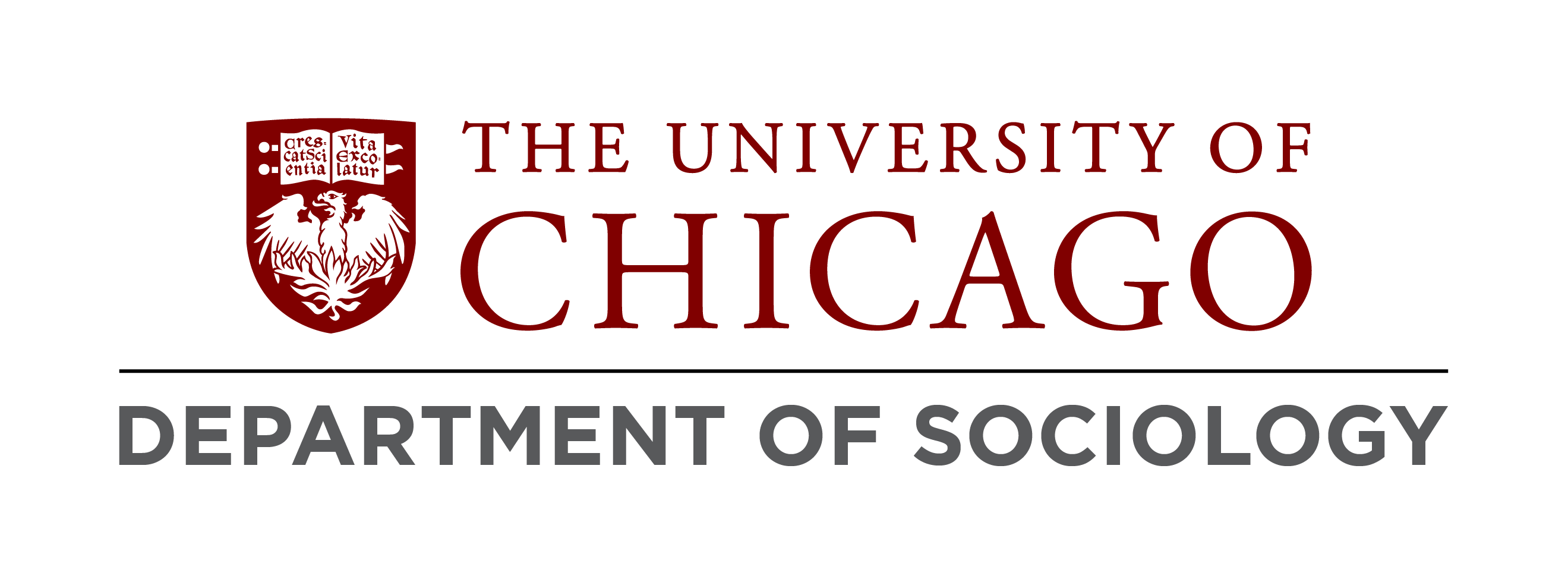
Dissertation Title: Financialization and Class Politics in the Long Downturn
Committee: Geoffrey Wodtke (chair), John Levi Martin, Gary Herrigel (Political Science), Ken-Hou Lin (UT Austin)
Finance plays a central role in the organization of the global economy. Not only has the private financial sector, consisting of banks, investment funds and other intermediaries, become increasingly important in the circulation of capital over the past 40 years, but non-financial companies also increasingly deal in open financial markets. While finance has recorded massive profits over this period, overall rates of economic, productivity and wage growth have declined or stagnated since the 1970s as part of a “long downturn” in the capitalist core. In addition, the lives of households and individuals are increasingly mediated by financial markets, especially in the realms of housing, savings for retirement, and healthcare. While prior research has explored the possible causes of “financialization” and its effects on certain outcomes, including inequality, economic growth, debt expansion and economic crises, the effects of financialization on class politics have been understudied. I use survey data from several developed countries to explore the effects of financialization on political attitudes and how such effects differ by class. This work sheds light on the changing possibilities for class conflict and class formation in the developed West in the last several decades.
Recent Research / Recent Publications
Cornwell, Benjamin, and Jake Burchard. “Structural Cohesion and Embeddedness in Two-Mode Networks.” The Journal of Mathematical Sociology, vol. 43, no. 4, 2019, pp. 179–194.
Burchard, Jake, and Benjamin Cornwell. “Structural Holes and Bridging in Two-Mode Networks.” Social Networks, vol. 55, 2018, pp. 11–20.
 THE UNIVERSITY OF CHICAGO
THE UNIVERSITY OF CHICAGO

